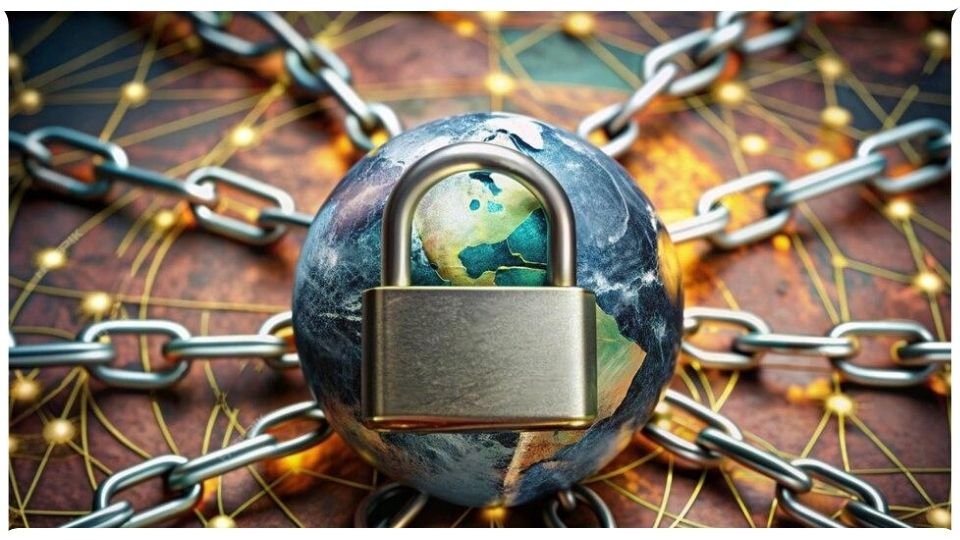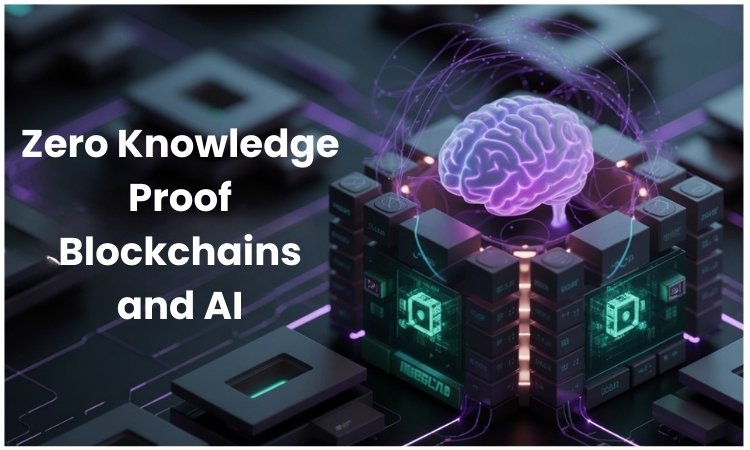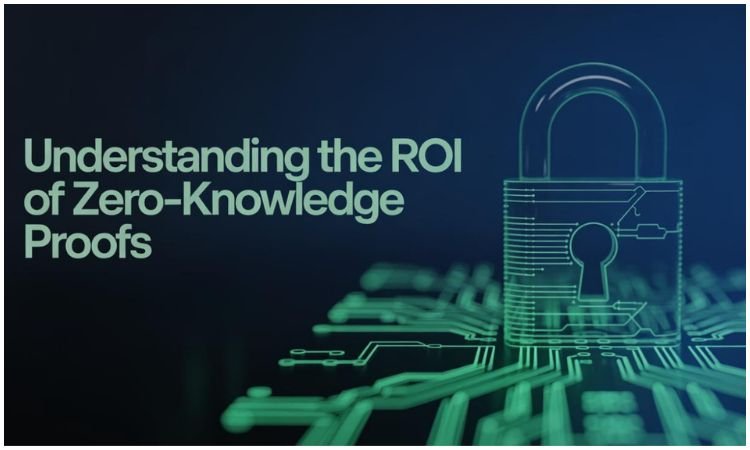
Introduction
In the complex arena of national security, understanding the specific threats posed by different adversaries is crucial. Each country or region presents unique challenges, from cyber espionage to critical infrastructure attacks. By dissecting these problems in detail, we can develop more effective strategies to safeguard our nation. This is where blockchain technology, with its robust security features, comes into play.
Blockchain, a decentralized digital ledger, records transactions across multiple computers in a way that ensures data is secure, transparent, and immutable. Its design prevents any single entity from controlling or altering the data, making it an ideal tool for enhancing security in various domains, including national defense.
Geopolitical Threat Landscape
To effectively counter threats, it’s essential to analyze the attack potentials for various external adversaries of the nation. The following table summarizes the key problems posed by these adversaries and how blockchain technology can offer solutions.
| Adversary | Understanding the Attacker | Analyzing the System | Quantifying the Risk | Tools and Techniques | Collaboration and Information Sharing | Conclusion |
|---|---|---|---|---|---|---|
| China | Geopolitical dominance, economic espionage, technological supremacy. | High likelihood of sophisticated cyberattacks targeting critical infrastructure and government systems. | Attack Complexity: Very high due to quantum computing and AI. | AI-driven algorithms, quantum-resistant encryption, cyber-warfare simulations. | Collaborate with global think tanks and tech companies for cutting-edge cybersecurity. | China poses a significant threat; continuous cryptographic system upgrades are essential. |
| Pakistan | Disruption of India's internal security, espionage, asymmetric warfare. | Focus on attacks targeting India's internal security apparatus. | Attack Complexity: Moderate with social engineering focus. | Regular audits, secure communications, resilience testing. | Increase research on asymmetric warfare; enhance communication between government and private sector. | Persistent asymmetric threat; strong internal defenses and public awareness are crucial. |
| United States | Strategic alliances, countering China, safeguarding global internet infrastructure. | Potential for espionage due to intelligence sharing and technological dependencies. | Attack Complexity: Very high, given the U.S.'s superior technological base. | Joint cryptographic research, updated and secured systems, mutual vulnerability assessments. | Engage in cooperative research and establish clear guidelines for vulnerability disclosure. | Technological dependencies necessitate caution and robust independent security measures. |
| Russia | Geopolitical influence, cyber espionage, disruption of Western alliances. | Focus on energy, defense, and communication sectors. | Attack Complexity: High, particularly in energy and communications sectors. | Blockchain for critical infrastructure, defenses against state-sponsored cyberattacks. | Collaborate with European and American institutions on cyber defense strategies. | Russia's sophisticated capabilities require constant vigilance and international cooperation. |
| Middle East | Regional influence, funding and supporting proxy conflicts, cyber espionage. | Potential for cyber-attacks on energy infrastructure and financial systems. | Attack Complexity: Moderate to high, depending on resources. | Blockchain solutions for securing energy transactions, monitoring financial flows in conflict zones. | Collaborate with global energy firms and international bodies for infrastructure security. | The Middle East presents varied challenges, with energy security being a primary concern. |
China: Combatting Cyber Espionage and Supply Chain Vulnerabilities
- Major Problems: China's aggressive cyber-espionage campaigns target sensitive data, intellectual property, and critical infrastructure. Additionally, China's ability to manipulate supply chains poses significant risks to national security.
Blockchain Solutions:
- Decentralized Data Storage: Blockchain can distribute sensitive data across a network of nodes, making unauthorized access nearly impossible. This decentralization enhances the security of critical information, ensuring that it cannot be easily compromised or altered by external actors.
- Immutable Supply Chain Records: Blockchain creates a transparent and immutable record of every transaction within a supply chain. This feature is crucial in preventing infiltration and manipulation by ensuring that every change in the supply chain is logged and traceable.
Blockchain’s ability to safeguard against both data breaches and supply chain attacks makes it a powerful tool against one of India’s most formidable adversaries.
Pakistan: Countering Asymmetric Warfare and Terrorism Financing
- Major Problems: Pakistan's use of asymmetric warfare, including cyber-attacks and misinformation campaigns, threatens India's internal security. Additionally, covert financial networks are often used to fund terrorism.
Blockchain Solutions:
- Tamper-Proof Communications: By securing communications on a blockchain, India can ensure that internal messages remain confidential and unaltered, reducing the risk of interception or manipulation by adversaries.
- Transparent Financial Tracking: Blockchain’s transparency allows for the monitoring and disruption of financial networks used to fund terrorism. Each transaction is recorded on a public ledger, making it difficult for terrorist organizations to hide their financial activities.
These blockchain applications are critical in neutralizing the asymmetric threats posed by Pakistan and ensuring a more secure internal environment.
United States: Mitigating Technological Dependencies and Espionage Risks
- Major Problems: Despite being a strategic partner, where we have signed three foundational agreements COMCASSA, BECA, LEMOA, the U.S. presents challenges in the form of technological dependencies and potential espionage risks, particularly through shared intelligence and defense systems.
Blockchain Solutions:
- Secure Data Exchange: Blockchain can facilitate secure and encrypted data exchanges between India and its allies, ensuring that sensitive information is protected from unauthorized access and espionage.
- Decentralized Security Protocols: By decentralizing control over critical systems, blockchain reduces the impact of potential vulnerabilities in shared technologies, ensuring greater security and transparency in international collaborations.
In a world where alliances are crucial, blockchain helps maintain secure relations, especially with technologically advanced allies like the United States. With blockchain support for data privacy, nations can protect sensitive information shared with allies, fostering collaboration and strengthening overall security.
Russia: Protecting Critical Infrastructure and Combating Misinformation
There are other methods of authentications as compared to KBA; these include biometrics, multi-factor authentication (MFA), and tokens.
- Major Problems: Russia's cyber capabilities are well-known, with particular emphasis on attacks against critical infrastructure such as energy, defense, and communication networks. Additionally, Russia engages in sophisticated misinformation campaigns to destabilize its adversaries.
Blockchain Solutions:
- Blockchain in Critical Infrastructure: By integrating blockchain into critical infrastructure, India can decentralize control and enhance security. This makes it more difficult for adversaries to disrupt essential services, such as energy grids or communication networks.
- Immutable Media Records: Blockchain’s ability to create an unalterable record of information dissemination helps combat misinformation by ensuring that the original content remains unchanged and traceable.
These solutions enable India to better protect its critical infrastructure and maintain the integrity of information in the face of external manipulation.
Middle East: Securing Energy Supply Chains and Financial Networks
- Major Problems: The Middle East, particularly certain unstable regions, poses significant threats to energy security and financial stability through cyber-terrorism and attacks on oil and gas supply chains.
Blockchain Solutions:
- Securing Energy Supply Chains: Blockchain ensures transparency and security throughout the energy supply chain by providing an immutable ledger of resource flows, making it difficult for adversaries to disrupt these essential networks.
- Financial Network Security: Blockchain protects against cyber-terrorism by securing financial transactions on a decentralized ledger, making it challenging for terrorists to manipulate financial systems.
In a region where energy and financial stability are critical, blockchain provides the necessary tools to secure these vital sectors against external threats.
As India navigates a complex geopolitical landscape, the integration of blockchain technology into national security strategies offers a promising solution to many of the challenges posed by external adversaries. By leveraging blockchain’s unique attributes—decentralization, transparency, and immutability—India can strengthen its defenses against cyber espionage, secure its critical infrastructure, and disrupt the financial networks of its enemies. As blockchain technology continues to evolve, its role in national security will likely become increasingly central, providing nations like India with the tools they need to protect their sovereignty in an ever-changing world.
Dr. Amit Dua, is founder and CEO of Yushu Excellence Technologies Pvt. Ltd. He is the author of books on blockchain Technology and Zero-Knowledge Proofs.







